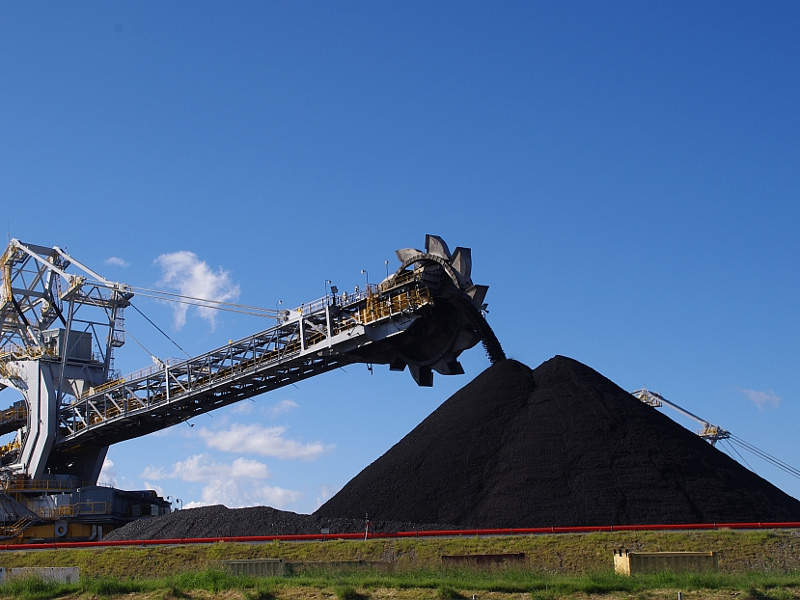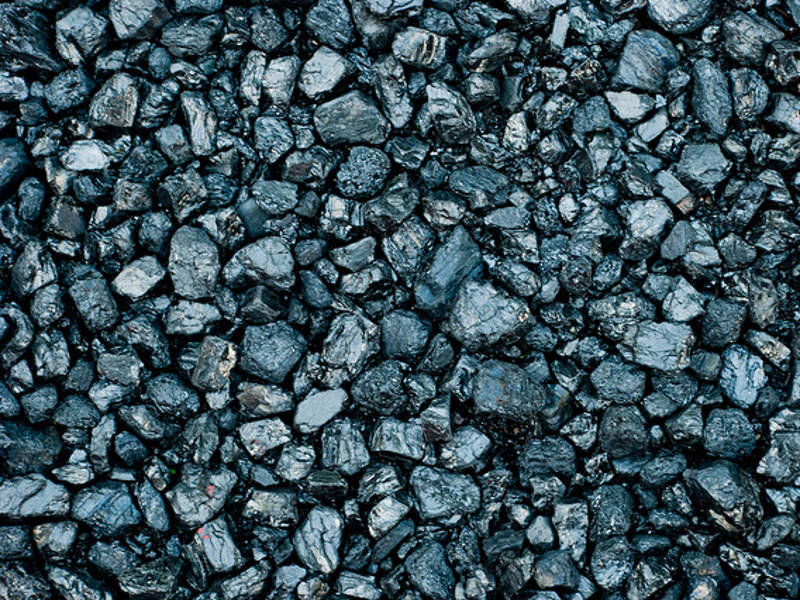China Stone coal project is a 38 million tonne a year (Mtpa) thermal coal project proposed to be developed in the Galilee Basin, Queensland, Australia.
MacMines Austasia, a subsidiary of Shanxi Meijin Energy Group, proposes to develop the project with an estimated investment of A$6.7bn ($4.84bn).
The project received conditional environmental approval from the Queensland government in November 2018 and currently awaits approval from Australia’s federal environmental authority.
China Stone is the sixth coal project in the Galilee Basin to receive approval from the Queensland Government.
MacMines hopes to receive all necessary approvals for the greenfield thermal coal mine development by 2019 and commence operation by 2024.
The project is expected to create 3,900 jobs during construction and 3,400 jobs during its operational phase.
Coal produced by the China Stone project will be exported mainly to China. The anticipated mine life of the project is 50 years.
China Stone coal mine location and geology
The China Stone coal project is proposed to be developed on a 20,000ha site at the northern end of Galilee Basin, approximately 300km west of Mackay, within the Isaac Regional Council (IRC) area of Queensland, Australia.
The project targets four sub-bituminous coal seams named A, B, C, and D that subcrop along a north-south trending strike length of approximately 20km.
Lying to the west of Queensland’s famous coal-rich Bowen Basin, the Galilee Basin is known to contain a vast amount of undeveloped thermal coal resources.
Other proposed coal projects in the Galilee Basin are Adani mine’s Carmichael mine, Clive Palmer’s Waratah coal project, GVK Hancock’s Alpha coal project, Vale’s Degulla coal project, and AMCI and Bandanna’s South Galilee coal project.
China Stone coal mine reserves
The China Stone coal mine is estimated to contain 3.75 billion tonnes (bt) of coal resources.
Mining
The China Stone project will employ both open-cut and underground mining methods to produce up to 55Mt of run-of-mine (ROM) coal a year.
The open-cut mining involving draglines, trucks, and shovels will be carried out for a period of 30 years. The open-pit mine will measure up to 410m-wide, 400m-deep, and 8.7km-long when fully developed.
Underground mining will be carried out in two areas namely the northern underground mine and southern underground mine, involving three long walls in total.
Each long wall will measure approximately 300m-wide and 4.5m-high.
The northern underground mine will be operated for 47 years with two long walls, whereas the southern underground mine will be operated with a single long wall for 13 years.
Coal handling and processing at the China Stone project
The RoM coal will be crushed, screened, sized, and washed at the coal handling and processing plant (CHPP), which will be built to the east of the open-pit mining area.
The product coal will be transported by conveyors to the on-site train-loading facility to the east of the CHPP, for further transportation to the Abbot Point coal terminal port for shipping.
Tailings will be sent via a slurry pipeline to a 100 million cubic meter capacity on-site tailing storage facility (TSF) with an embankment height up to 34m.
Coal sales agreement for the China Stone project
China Huaneng Fuel, a wholly-owned subsidiary of China Huaneng Group, signed a long-term agreement to purchase up to 30Mtpa of coal from the China Stone project in July 2011.
Infrastructure facilities for the China Stone coal project
The mine site will be accessed through a road connecting the Moray-Carmichael Road.
An on-site rail loop will be built to link with an off-site rail-spur connecting the proposed North Galilee Basin Rail corridor to the coal terminal port at Abbot Point.
An on-site power plant comprising three 350MW supercritical coal-fired units has also been proposed as part of the project.
The coal project is estimated to require 12,500 megalitres (ML) of raw water a year, which is proposed to be supplied through a new pipeline connecting the Cape River or the Belyando – Suttor River systems.
Other infrastructure facilities for the project include an airstrip and an accommodation village with up to 3,050 rooms for the mine workers.




